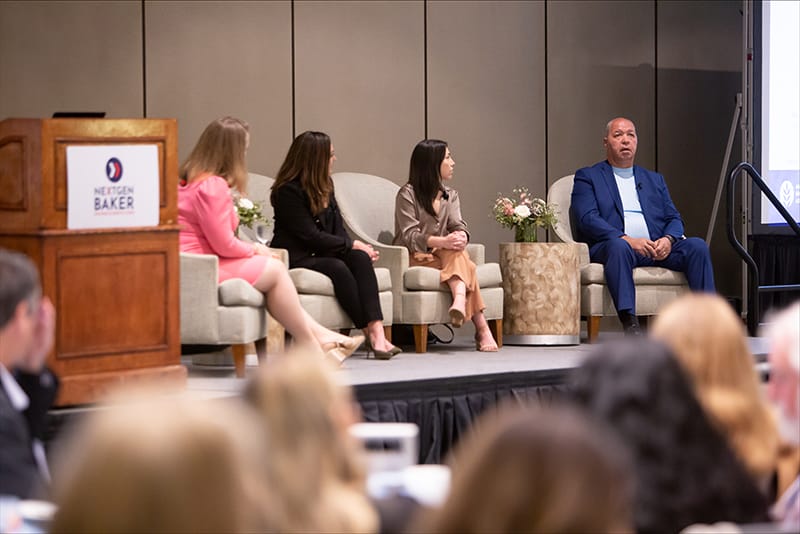AMELIA ISLAND, FL — Diversity, Equity and Inclusion (DEI) is on the radar of most baking companies. In fact, according to updated research from ndp analytics commissioned by the American Bakers Association (ABA), nearly three-quarters of companies surveyed said they have at least one DEI strategy or initiative in place.
During ABA’s 2023 annual convention, the association discussed its annual DEI study “Diversity, Equity, and Inclusion in the Commercial Baking Industry,” as part of a panel discussion with industry leaders moderated by Katie Juhl, director of marketing and communications, for ABA.
Panelists included Mary Donovan, principal and senior economist for ndp analytics, who executed the survey and analysis; Nathan Norris, director of DEI for Highland Baking Co. and co-chair of ABA’s DEI working group; and Lauren Genovese, global manager of DEI for Rich Products Corp.
Most general research will indicate that the top reason manufacturing companies want to focus on DEI initiatives is to be an employer of choice. That was certainly the case, Donovan noted, from a 2021 study by the Manufacturing Institute, and an underlying theme throughout her analysis of the ABA research.
To that end, many companies are looking at strategies that will engage employees and give them a sense of ownership in the initiatives in place at the executive level.
“We first have to ask about the ‘why,’” Donovan said. “Why are we talking about DEI?”
According to the study, 50% of companies said their DEI goals related to recruiting and retaining a diverse workforce.
While recruitment can seem pretty straightforward, retention requires much more strategic thinking. Some tools that baking companies are using include training and mentorship.
In the study, 88% of respondents identified professional development and training as a key tool for their DEI initiatives. Similarly, ndp surveyed the general population on the same list of initiatives, and those respondents also identified professional development and training as a high priority in what they look for in a potential employer.











